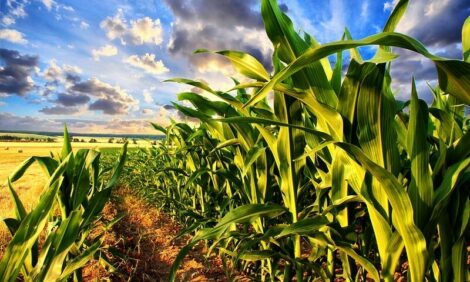



Farmers Blamed for Seaweed Over-Growth in Brittany
FRANCE - Pig and poultry farms are being blamed for an 'invasion' of algae and seaweed on the picturesque Brittany coast.Hillion is a picture-postcard Breton town with grey stone houses, a pretty granite church and long sandy beaches but the seaside idyll has been ruined by mounds of rotting seaweed that have settled across swathes of France's northwestern coast, giving off a potentially deadly gas, reports Terra Daily.
Local residents are concerned about the possible implications for human health.
The problem of green algae slicks is not new in this part of Brittany but the the issue came to a head in July when a horse skidded on a slick of algae and died, apparently from breathing in seaweed fumes.
Tests confirmed the algae was giving off potentially deadly levels of hydrogen sulphide , sometimes referred to as 'sewer gas' because it is produced by the breakdown of putrefied waste material.
French Prime Minister, François Fillon, travelled to Brittany in August to try to reassure locals the government would help clean-up the worst-hit beaches and find ways to limit algae blooms in the future.
Green algae is naturally present in the sea and normally poses no threat. Problems arise when unusually large quantities of the microscopic plant "bloom" at sea and are then washed onto the beaches.
In this agricultural region, experts argue that the prime cause of algae blooms is pollution from animal farms, in particular those that use intensive methods to raise pigs and poultry.
Waste material – essentially faeces and urine – from these farms are spread onto fields in huge quantities, reports Terra Daily. From there, it is washed by the rain into streams and rivers and ultimately the sea where it becomes an excellent nitrate-rich fertiliser for green algae.
Resident groups have long been pressuring authorities to crack down on polluting farmers.











